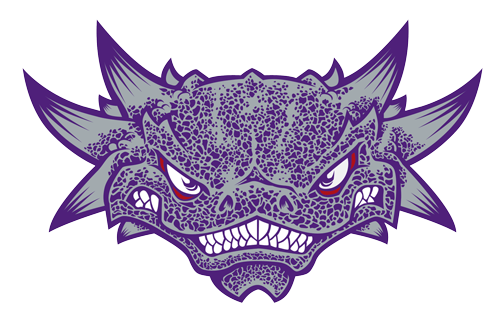The forward-look analysis is often used by the employer to justify the contract, but courts tend to look at the real, not the hypothetical. Arbitrators, which are usually incompetent, never consider the hypothetical.
The play for Jamie would be to leave, claim that he is contesting the penalty stipulation on certain grounds (whatever they are), and tell TCU that he intends to work for UCLA under a new employment agreement. His UCLA employment agreement would have to very carefully designate that they know Jamie was doing that, and that Jamie indemnifies and holds them harmless against that claim. They wouldn't be able to contribute any contingency funding towards paying the claim as that would nullify their neutral status. Jamie, in other words, would be on his own.
TCU would likely sue for breach and seek damages. Jamie undoubtedly has insurance that would cover such a claim and pay for his defense. Based on other talent employment contracts I've seen, there almost certainly is a clause that details out mandatory arbitration for any disputes, and it wouldn't be private but rather court administered. In that audience, its likely TCU would be forced to settle for a more reasonable figure, but Jamie would have to pay it OOP.
None of this is likely or ideal, but it is possible... And it is also why most parties typically negotiate these things and let people walk if they want to walk.
In all likelihood, TCU will accept a multi-year pay back agreement from Jamie that will allow him to pay the $8mm over 2 or 3 years, likely 2 if I had to guess.


